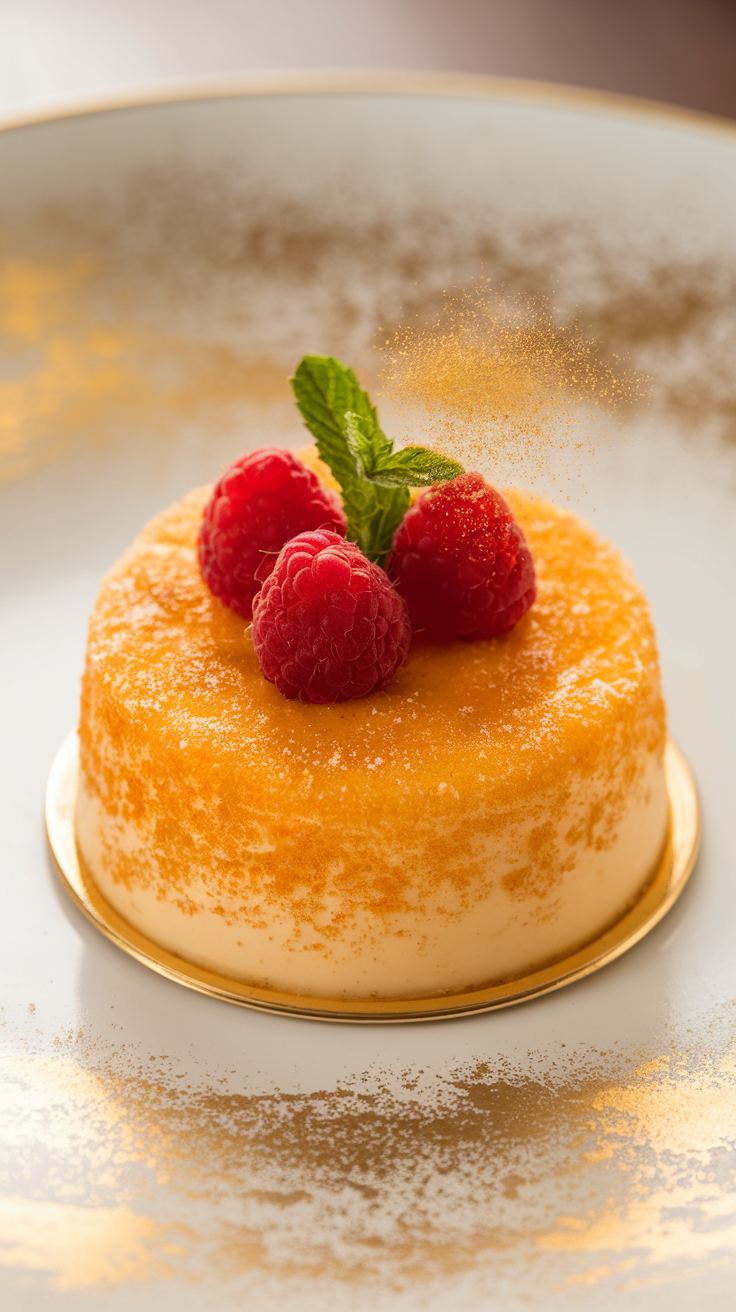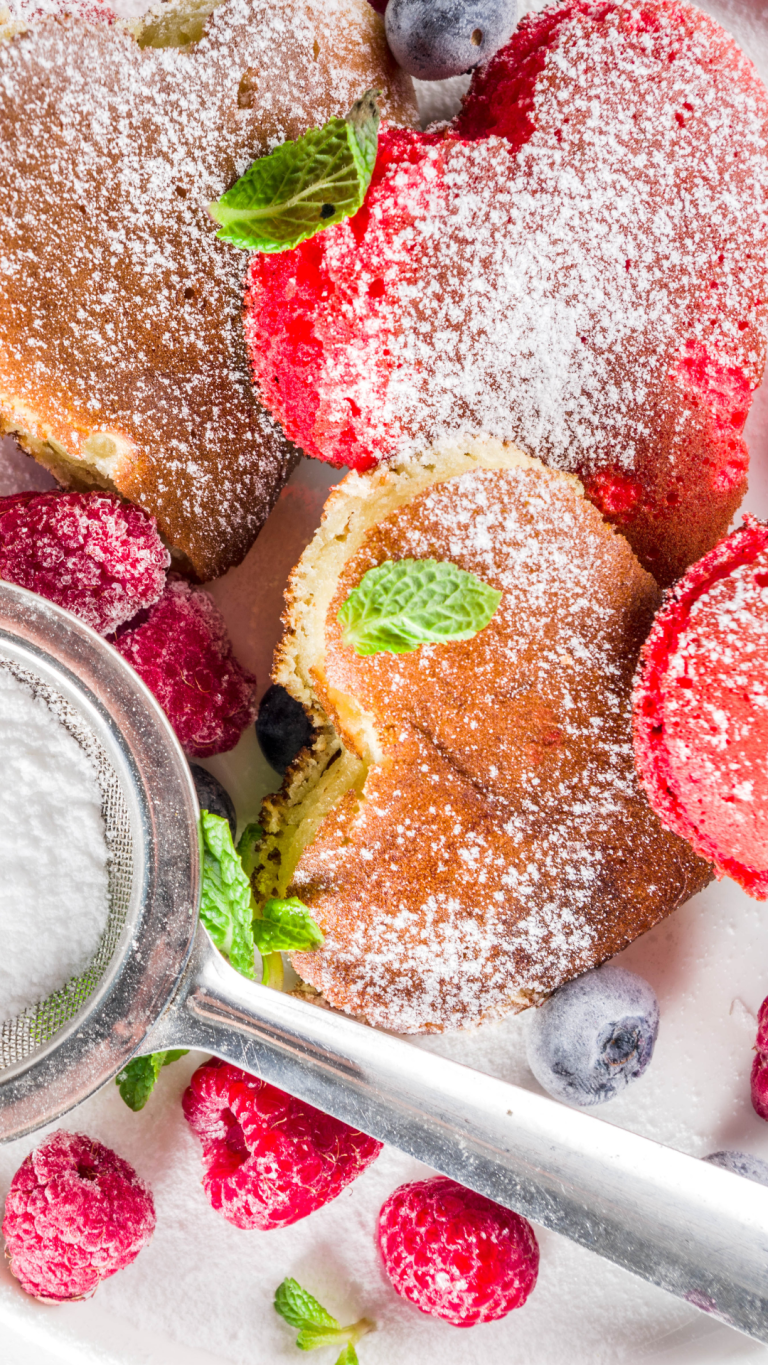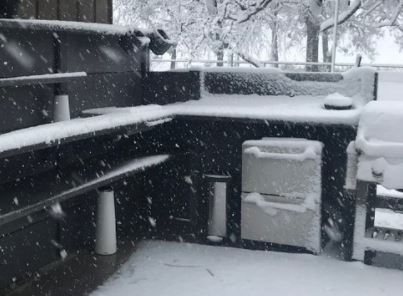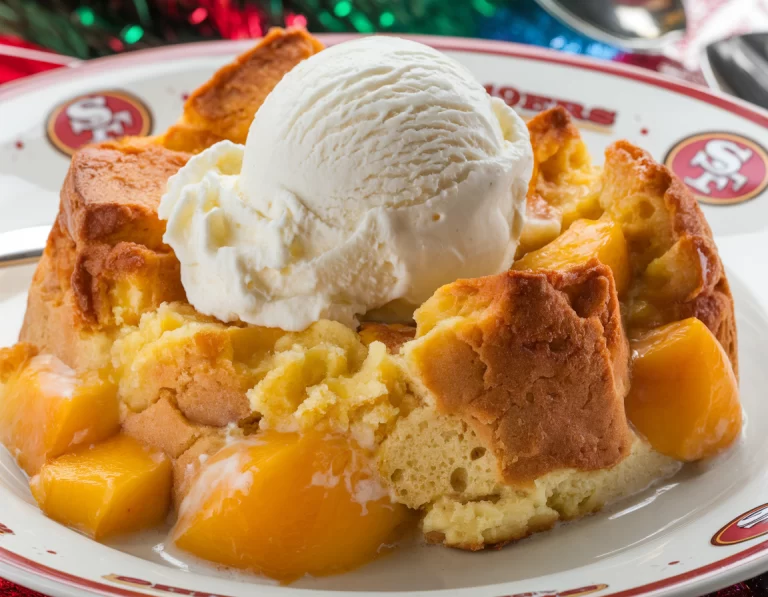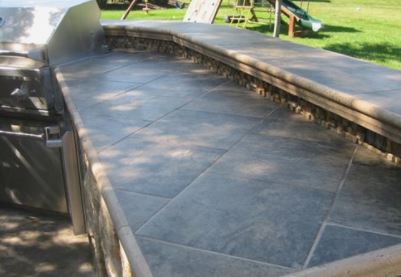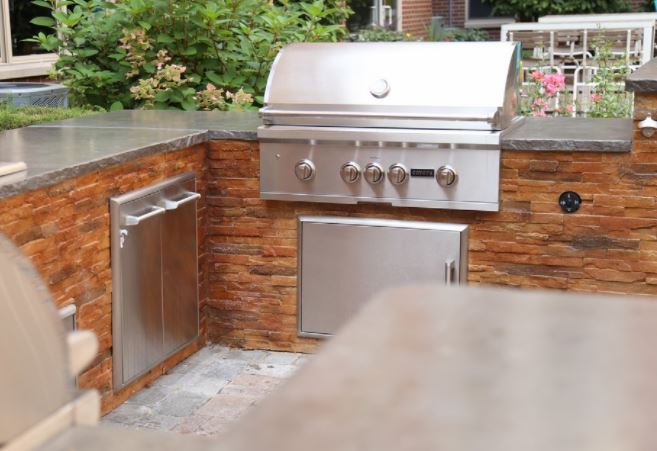How Long do Outdoor Kitchens Last?
How Long Do Outdoor Kitchens Last: Expert Insights and Maintenance Tips
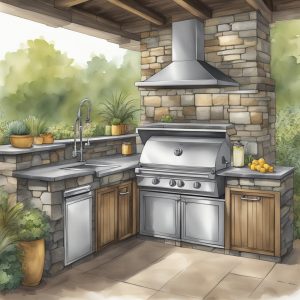
Outdoor kitchens are a great investment for homeowners who love to entertain or enjoy cooking outdoors. Not only do they add value to your home, but they also provide a unique and enjoyable experience for you and your guests. However, when investing in an outdoor kitchen, it’s important to consider how long it will last and how to maintain it to ensure it stays in good condition.
With quality construction and materials, a well-maintained outdoor kitchen can provide 15-30 years of cooking and entertaining enjoyment before needing major upgrades.
Design and materials are key factors in determining the durability of your outdoor kitchen. According to RTA Outdoor Living, the quality of materials used in the construction of your outdoor kitchen will greatly determine how long it will last. While a well-made outdoor kitchen can last a minimum of 10 years with proper care and maintenance, the lifespan can be extended even further with the use of high-quality materials and a well-thought-out design.
Durability and maintenance are also important factors to consider. Regular cleaning and upkeep can help prevent damage to your outdoor kitchen and ensure it lasts for many years to come. It’s important to follow manufacturer instructions for cleaning and maintenance, and to inspect your outdoor kitchen regularly to catch any issues early on. With the right design, materials, and maintenance, your outdoor kitchen can provide years of enjoyment and value to your home.
Key Takeaways
- The quality of materials used in the construction of your outdoor kitchen will greatly determine how long it will last.
- Regular cleaning and maintenance can help prevent damage to your outdoor kitchen and ensure it lasts for many years to come.
- With the right design, materials, and maintenance, your outdoor kitchen can provide years of enjoyment and value to your home.
Design and Materials
When it comes to designing an outdoor kitchen, choosing quality materials is crucial to ensure its longevity. The materials you choose should be able to withstand the elements, such as rain, wind, and sun exposure.
Choosing Quality Materials
Stainless steel, stone, wood, concrete, and tile are all popular materials for outdoor kitchens. Stainless steel is a durable and low-maintenance option that is resistant to rust and corrosion. Stone, such as granite or quartz, is a luxurious and durable option that can add value to your outdoor kitchen. Wood, although beautiful, requires more maintenance and is susceptible to rot and insect damage. Concrete and tile are affordable and versatile options that can be customized to fit your design preferences.
When choosing materials for your outdoor kitchen, it’s important to prioritize quality over cost. Investing in high-quality materials will save you money in the long run by reducing the need for repairs or replacements.
Layout and Space Planning
In addition to choosing quality materials, proper layout and space planning are crucial for a functional and long-lasting outdoor kitchen. Consider the amount of counter space and storage space you will need to prepare and store food. An outdoor kitchen island can provide additional counter space and storage.
When planning the layout of your outdoor kitchen, prioritize functionality over aesthetics. Ensure that your appliances are easily accessible and that there is enough space for multiple people to work and move around.
Overall, choosing quality materials and proper layout and space planning are key to designing a long-lasting outdoor kitchen. By investing in high-quality materials and prioritizing functionality, you can enjoy your outdoor kitchen for years to come.
Durability and Maintenance
To ensure that your outdoor kitchen lasts for a long time, it is essential to take care of it properly. Regular maintenance is crucial to preserving the quality of your outdoor kitchen. Here are some tips to help you maintain your outdoor kitchen and protect it from the weather.
Protecting Against Weather
Outdoor kitchens are exposed to the elements, so it is important to protect them from rain, snow, and wind. If your outdoor kitchen is not under a roof or pergola, consider adding one to protect it from the weather. You can also use covers to protect your outdoor kitchen from the elements. Covers are available for grills, appliances, and furniture. Make sure to choose covers that are made of durable materials and are the right size for your equipment.
Regular Cleaning and Upkeep
Regular cleaning is essential to prevent the buildup of dirt, grime, and grease. Clean your outdoor kitchen regularly to avoid rust, rot, and fading. Use a mild soap and warm water to clean your outdoor kitchen. Avoid using harsh chemicals that can damage the materials. Wipe down your appliances, countertops, and furniture with a dry cloth after cleaning to prevent moisture buildup.
Perform regular upkeep on your outdoor kitchen. Check for any signs of damage, such as rust or rot, and repair them immediately. Replace any damaged parts or equipment to ensure that your outdoor kitchen is functioning correctly. Lubricate moving parts, such as hinges and wheels, to prevent them from rusting.
By following these tips, you can ensure that your outdoor kitchen lasts for a long time. Regular maintenance and upkeep are crucial to preserving the quality of your outdoor kitchen. Protect your outdoor kitchen from the weather and perform regular cleaning and upkeep to ensure that it remains in excellent condition.
Frequently Asked Questions
What factors influence the lifespan of an outdoor kitchen?
Several factors can influence the lifespan of an outdoor kitchen. The quality of materials used in the construction of the outdoor kitchen is one of the most significant factors. The type of appliances and equipment installed, the frequency of use, and the level of maintenance are also important factors that can impact the lifespan of your outdoor kitchen.
What maintenance steps are crucial for preserving an outdoor kitchen?
Proper maintenance of your outdoor kitchen is crucial to ensure its longevity. Regular cleaning is essential to prevent the buildup of dirt, debris, and grease. It is also essential to cover the outdoor kitchen when not in use to protect it from the elements. Checking and cleaning the appliances and equipment regularly is also important to prevent any malfunction or damage.
How does climate impact the durability of outdoor kitchens?
Climate can significantly impact the durability of outdoor kitchens. Extreme weather conditions, such as heavy rain, snow, and high winds, can cause damage to the outdoor kitchen. It is crucial to consider the climate of your area when building your outdoor kitchen and to use materials that are suitable for the climate.
Can the inclusion of an outdoor kitchen enhance property value?
Yes, the inclusion of an outdoor kitchen can enhance the value of your property. Outdoor kitchens have become increasingly popular in recent years, and they are now seen as a desirable feature in many homes. A well-designed and functional outdoor kitchen can add value to your property and make it more attractive to potential buyers.
What are common issues faced with outdoor kitchens over time?
Over time, outdoor kitchens may face several issues, such as rust, corrosion, and wear and tear. Appliances and equipment may also malfunction or break down due to regular use. Regular maintenance and inspections can help to identify and address these issues before they become more severe.
How much should one budget for a quality outdoor kitchen setup?
The cost of an outdoor kitchen setup can vary depending on several factors, such as the size of the outdoor kitchen, the materials used, and the appliances and equipment installed. A basic outdoor kitchen setup can cost anywhere from $5,000 to $10,000, while a more elaborate setup can cost upwards of $20,000 or more. It is essential to set a budget and to work with a professional to design an outdoor kitchen that meets your needs and fits within your budget.

